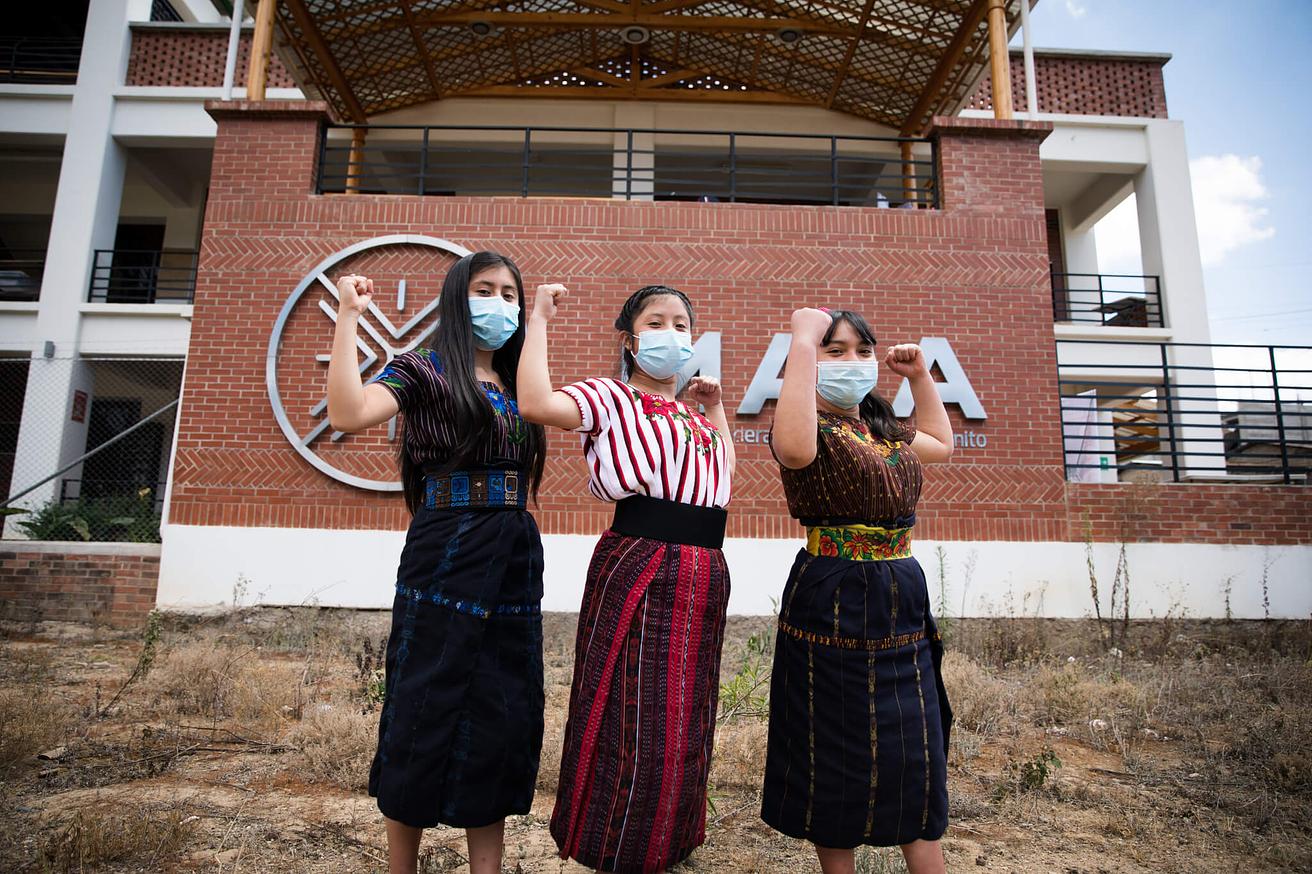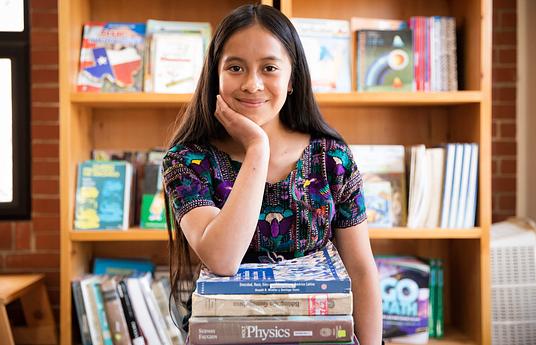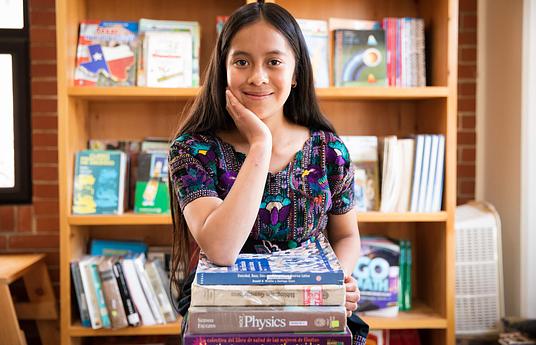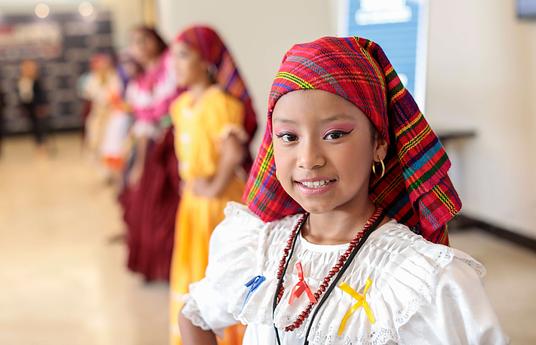Guatemala is a country in dire need of new talents and perspectives. Yet, with the worst gender equity gap in the Americas, women, especially of Indigenous ethnicity, are not given a chance to flourish and actively catalyze powerful change for a more equitable and just society.
“Being a woman in a sexist country is complex. We live in a society where new challenges arise every day. Every day we become aware of more things, things that harm us, problems that we see as normal but are not”
Gender-based stereotypes are ideas and misconceptions that impede talented young women from achieving their infinite potential. “Being a woman in a sexist country is complex. We live in a society where new challenges arise every day. Every day we become aware of more things, things that harm us, problems that we see as normal but are not,” shares Azucely, a 10th-grader at the MAIA Impact School and moderator of the third season of MAIA’s Voices for Change program: Tzijonem (“conversation” in the Maya Kaqchikel language).
At the MAIA Impact School, we encourage Girl Pioneers to draw a bold new trajectory for themselves based on strong academics and the courage to challenge the status quo. We want to support Girl Pioneers to create their path to success by using their empowered voice and pursuing dreams that are not manipulated by society.
Brenda Saloj, MAIA’s Communication Coordinator, leads a powerful vocal empowerment tool of MAIA known as Tzijonem - Voices for Change, a space for Girl Pioneers to actively use their voices and be emboldened through guidance and opportunity. Together, Azucely and Brenda are moderating the third season, themed “Latin American Women Breaking Stereotypes.”
“I want to break all stereotypes that silence women or take away the opportunity to use their voice, a great source of change."
Brenda and Azucely both recognize the lack of inclusion of Indigenous female voices in the sociopolitical discourse as a major barrier in Guatemala, resulting from a dangerous stereotype. “I want to break all stereotypes that silence women or take away the opportunity to use their voice, a great source of change. This is one of the barriers that we can see,” Azucely shares.
“[People believe] because she is an Indigenous woman, she does not have enough training to understand and function in our world. Young women do not have enough experience for responsibilities and high-performance positions, so they do not have a voice and vote in various activities,” says Brenda.
"Each woman is capable of performing and developing in different spaces, which is why we work together to be able to achieve personal, professional and social goals."
These are just a few of the paradigms Brenda wants to challenge.
“These stereotypes mark the trajectory of a girl in society. She grows with these ideas. However, each woman is capable of performing and developing in different spaces, which is why we work together to be able to achieve personal, professional and social goals,” notes Brenda.
Brenda and Azucely are already making a change by taking leadership in conversations with women, a symbol of change and transformative power, and are sharing their thoughts around some key questions.
How do you feel as a woman breaking stereotypes?
“I feel a certain satisfaction because I believed that I would have spaces for active participation, but I did not believe that it would be so soon. I like that I can be part of these changes because using my voice and having my opinions heard makes me feel important,” responds Azucely.
"From my role, I am breaking stereotypes rooted in society through my voice, contribution, reflections, and actions. This way, we make changes in the new generations."
“I feel happy and committed to participating in these spaces of analysis and discussion of relevant and worrying issues with people with different perspectives and varied skills. From my role, I am breaking stereotypes rooted in society through my voice, contribution, reflections, and actions. This way, we make changes in the new generations,” says Brenda.
What are your main actions to confront stereotypes?
Azucely believes, “To make these changes, involvement and active participation in the areas of interest is necessary. That is why I try to know and learn about topics and things that help me develop better. Also, building an empowered voice is a tool that becomes a necessary action.”
Brenda adds, “One of my main actions as a moderator [of Tzijonem] is the integration of the voices of all Girl Pioneers in spaces of participation and leadership, for them to share their point of view, concerns, and needs. Also, I am providing specific tools for the increased value of culture, identity, and gender.”
Each individual needs to become aware of the surrounding stigmas and take a critical step to challenge the norms and draw a new, more inclusive trajectory. Active participation and mutual understanding and respect are essential to creating a solid network of support that will bring together talented women and men to work for a society free of impositions and discrimination.
For too long, this population has been perceived as the problem. Azucely, Brenda, and all Girl Pioneers at the MAIA Impact School show that they are the solution!



